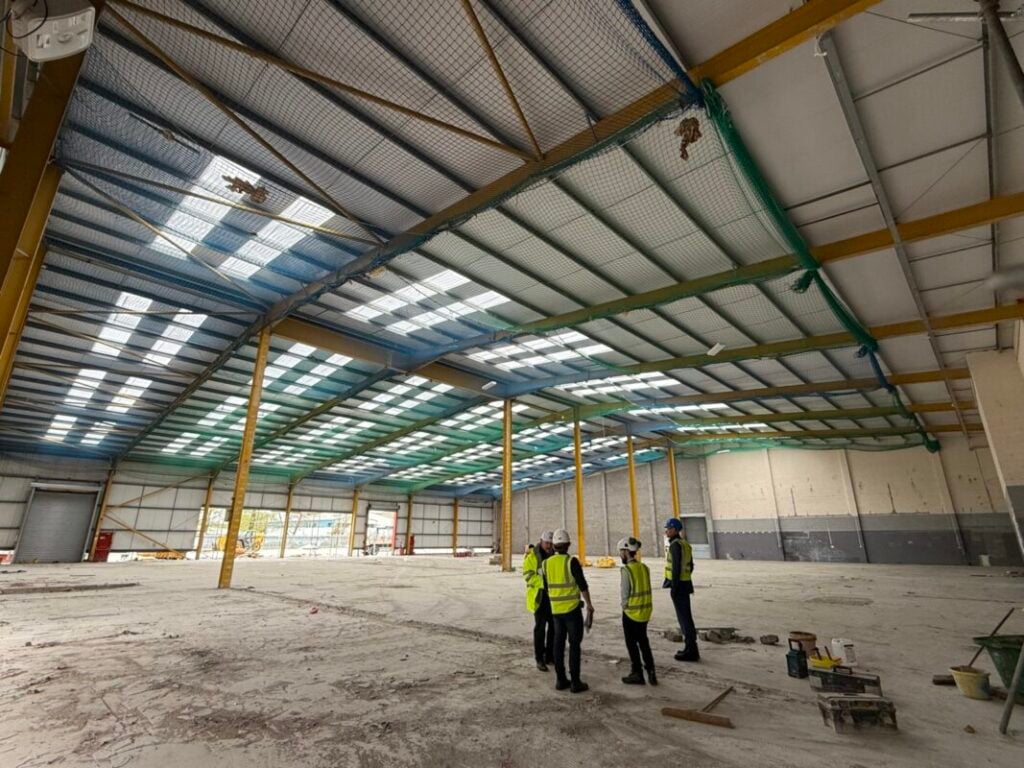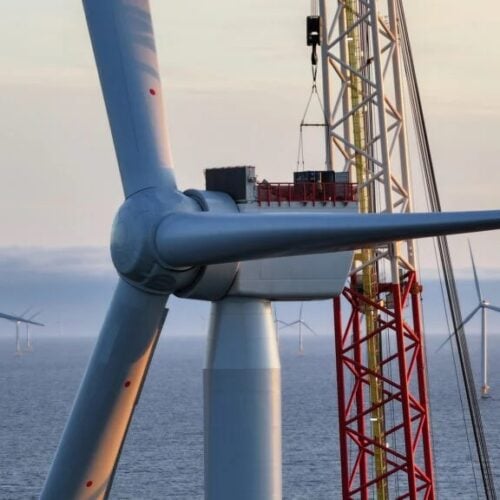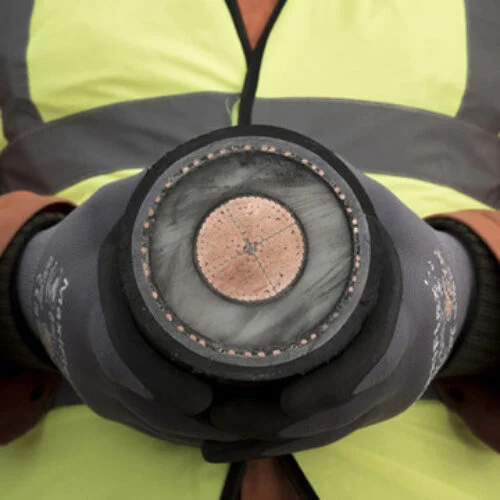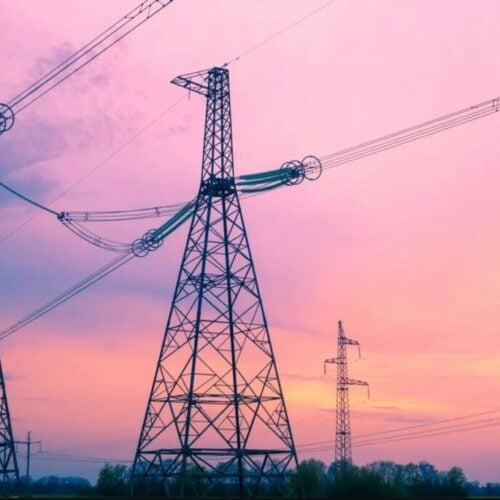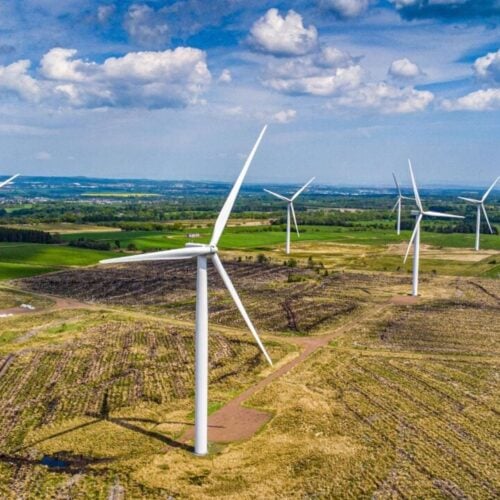Altilium has begun constructing its at-scale EV battery recycling facility, which will have integrated chemical refining capabilities, located in Plymouth, Devon.
The UK-based clean technology company says its ACT 3 scale-up plant will put the UK at the forefront of sustainable battery materials production globally. Altilium has committed to building a national battery recycling ecosystem.
The ACT 3 plant is a scale-up of the company’s first mini-commercial plant, which recently began operation. ACT 2 processes one EV battery per day, validating the process and materials with automotive OEMs.
Once complete, the larger site will have capacity to recover critical battery minerals, including lithium, nickel and graphite from 24,000 EVs annually, the company said. Altilium added that it will use what it learns from the ACT 3 site as a scale-up pathway for the construction of its planned ACT 4 mega-scale refinery later this decade.
Dr Christian Marston, Altilium COO, commented: “Our ACT 3 site marks the next phase in Altilium’s mission to close the loop on battery materials here in Britain. This is about taking a strategic and incremental approach to scaling a vital new industry, one that ensures value stays in the country and creates long-term skilled green jobs.”
Altilium uses a proprietary EcoCathode process, which recycles battery scrap into nickel mixed hydroxide precipitate (MHP) and lithium sulphate — critical intermediate materials for domestic production of battery cathodes.
The first EV battery cells using recycled cathode active materials (CAM) were produced earlier this year, by Altilium in collaboration with the UK Battery Industrialisation Centre (UKBIC).
Historically, battery recycling in the UK has focused on shredding batteries and black mass production. Altilium uses hydrometallurgical refining, which it says keeps valuable materials like lithium and nickel in the UK.
North American lithium-ion battery recycling specialist Li-Cycle has used similar reasoning in its efforts, telling our sister publication Energy-Storage.News that battery recycling will help the US become less reliant on foreign imports and “help bolster energy independence and national security.”
The firm recently reported that during Q4 2024, it recycled the equivalent of more than 100MWh of energy from its BESS partners, which was a 33% increase over the previous year, also covered by Energy-Storage.News.
Although Altilium’s focus is on battery recycling for use in EVs, it has also worked with Connected Energy, a company that reuses old batteries from EVs for use in battery energy storage systems (BESS). This method does not require a breakdown of the battery components, as an end-of-life EV battery is still of a high enough capacity to be used in storage applications.
Reusing batteries delays the need for recycling, something that Connected Energy’s CEO, Matthew Lumsden, spoke to Current± about last year.
